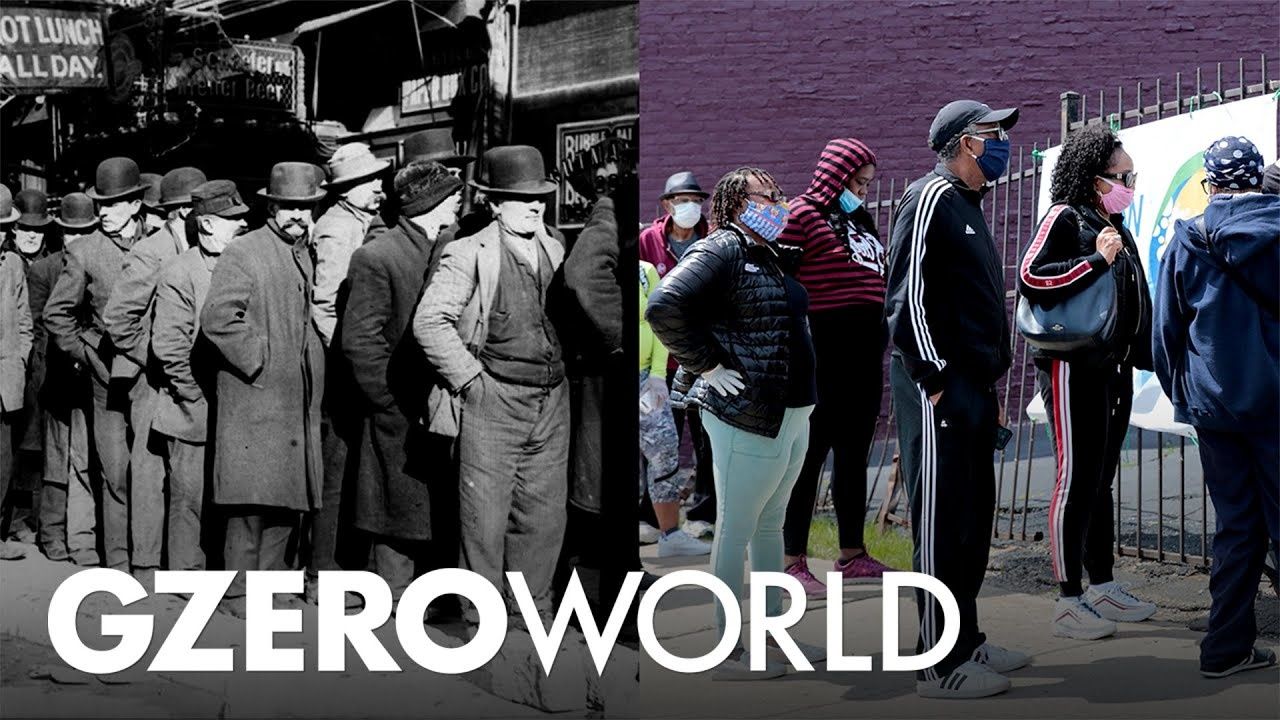popular
The ugly truth about the US economy

Financial Historian: US Economy Non-Participants Pre-COVID-19 Suffer Most | Adam Tooze | GZERO World

On GZERO World, Ian Bremmer asked financial historian Adam Tooze: Did the US really have the greatest economy in the world?
There are pockets of incredible affluence, of great success, of technological prowess of world conquering corporate ambition. Think of the tech firms, think of the way in which American banks have swept European competition out of the way. America, corporate America, elite America is one of the great winners of globalization, unsurprisingly, since they were the architects of that project. Have acquired other people along the way. The Chinese now are major contributors.
But that just doesn't capture the reality of middle America, let alone the bottom 20% to 30% of the American income of wealth distribution who have seen barely any real income growth. There's a huge argument about the statistics, but there's very little real dispute about the fact that the real incomes of those at the bottom third have seen barely any progress since the Bicentennial. American history divides into two epochs. Moment of the American dream up to 1976 and the period since. What this crisis does is of course hit precisely the weakest communities. It hits those who are most fragile, whose health insurance is precarious, who are working part time jobs in the service sector. It hits women as well. And it turns out from a medical point of view, it's the African American population, all of which are groups also which have minimal financial resources. We know that 40% plus of American households can't basically cover expenses for more than a few months without a paycheck and have precious little financial reserve, basically no net wealth. So those people are going to suffer a fundamental shock here. And this idea of rebuilding, really or making them whole begs the question of what it is that we would plan to return to because they weren't whole in the first place.
Somewhere in the Donbas region, Ukrainian soldier Artem Bondarenko says he hasn’t slept through the night in months as he defends Eastern Ukraine.
In this Quick Take, Ian Bremmer warns that US military strikes on Iran are “looking increasingly imminent” as diplomacy appears to stall.